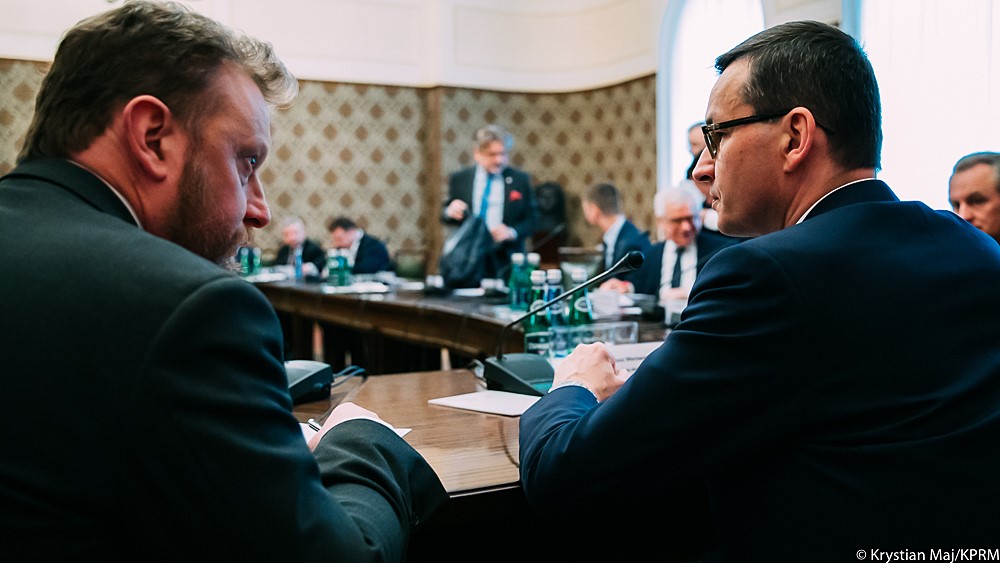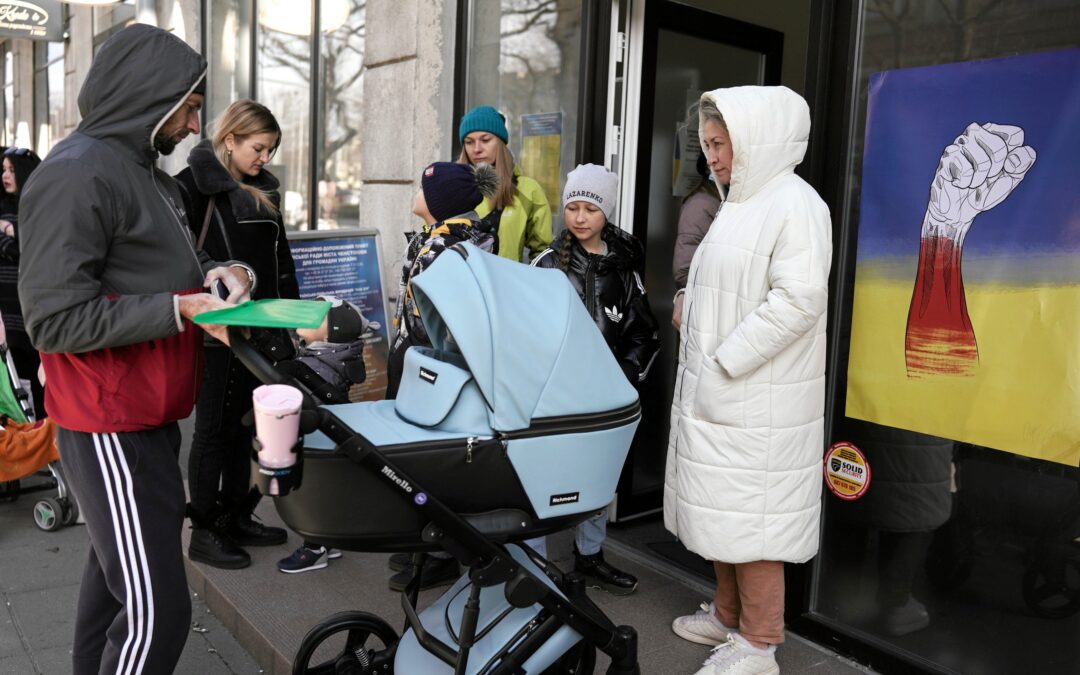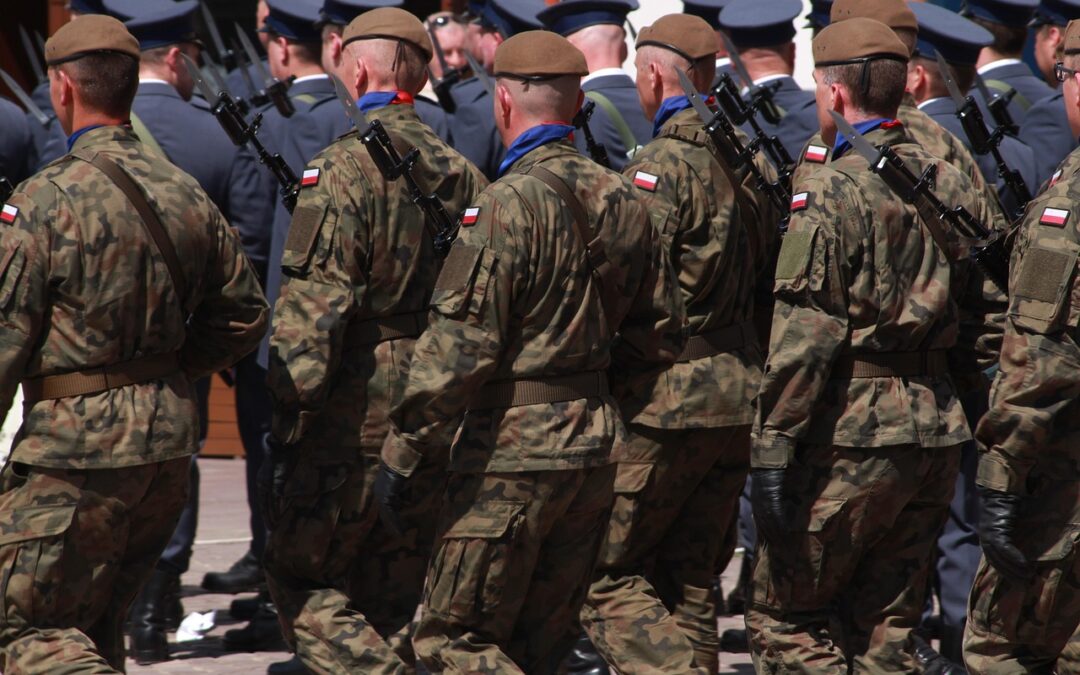Poland’s health minister Łukasz Szumowski has announced that the government will begin “unfreezing” the economy on 19 April, with a possible loosening of restrictions on shops and a reopening of forests and public spaces.
This week the government is also expected to present its plan for post-pandemic economic revival, while the health ministry is to take a stance on the safety of the all-postal presidential election planned for 10 May.
“On 19 April we will slowly begin unfreezing the economy,” said Szumowski, speaking to radio station RMF FM on Tuesday morning. “I think this is good news,” he added, pointing to the mounting costs of prolonged economic isolation.
“The current social isolation has been effective, and if it were not for that, we would today have tens of thousands more cases,” continued Szumowski.
Government spokesman Piotr Müller has also said that the first restrictions to be lifted will be “some limits on shops” as well as reopening forests and other public spaces. Further decisions regarding economic restrictions are expected on Wednesday or Thursday, reported Gazeta Wyborcza.
Last week, Prime Minister Mateusz Morawiecki announced that after the Easter holidays the government would publish a schedule for “coming back to a new economic reality”.
Moreover, in the past week the government announced a second economic support package worth 100 billion zloty (€22 billion), which includes preferential loans and non-refundable subsidies to businesses that have suffered at least a 25% drop in turnover.
This week the health ministry is also expected to present its recommendations regarding the presidential election, currently scheduled for 10 May. The deputy health minister Waldemar Kraska has, however, already said that he believes the current plan to hold a universal postal vote to be safe.
Last week legislators pushed through a controversial bill allowing the ballot to be held exclusively by postal vote. The proposed legislation is now in the upper-house Senate. Opposition parties, who want the elections postponed, have been united in condemning the new measures.
Also on Tuesday, Szumowski said that the fight against the virus is likely to go on for a year, pointing to a lack of scientific evidence that the pandemic will die down in the summer: “in places where temperatures are much higher, with plenty of sun, the virus is also present,” he said.
The government is considering possible scenarios for opening schools in the coming weeks. One option involves opening them in regions with the fewest coronavirus cases. Another option includes allowing certain age groups to attend school, to take some of the burden off parents. “It’s hard to keep children at home for a year, that too is an impossible feat,” Szumowski added.
Also last week the government announced that schools will be closed for at least another two weeks. The upcoming primary and high school exams, due to take place in late April and May, will thus be pushed back to at least the second half of June.
Asked about summer camps, Szumowski replied: “we can assume that there will be none.” He added that Poles “can forget” about normal holidays this year.
As of Tuesday morning, Poland has now passed 7,000 confirmed cases of the coronavirus. 251 people have died, mostly aged between 62 and 98 years old, and usually with other preexisting illnesses. 2,471 people are currently hospitalised, while 618 have already recovered.
According to the health ministry’s morning report, 144,875 people have been quarantined, while 28,665 are being monitored. Poland has conducted 143,630 coronavirus tests, of which over 5,600 were done in the past 24 hours.
For all of our coverage of the coronavirus epidemic in Poland, see our constantly updated archive of stories here.
Main image credits: Krystian Maj/KPRM/Flickr (under public domain)

Maria Wilczek is deputy editor of Notes from Poland. She is a regular writer for The Times, The Economist and Al Jazeera English, and has also featured in Foreign Policy, Politico Europe, The Spectator and Gazeta Wyborcza.




















